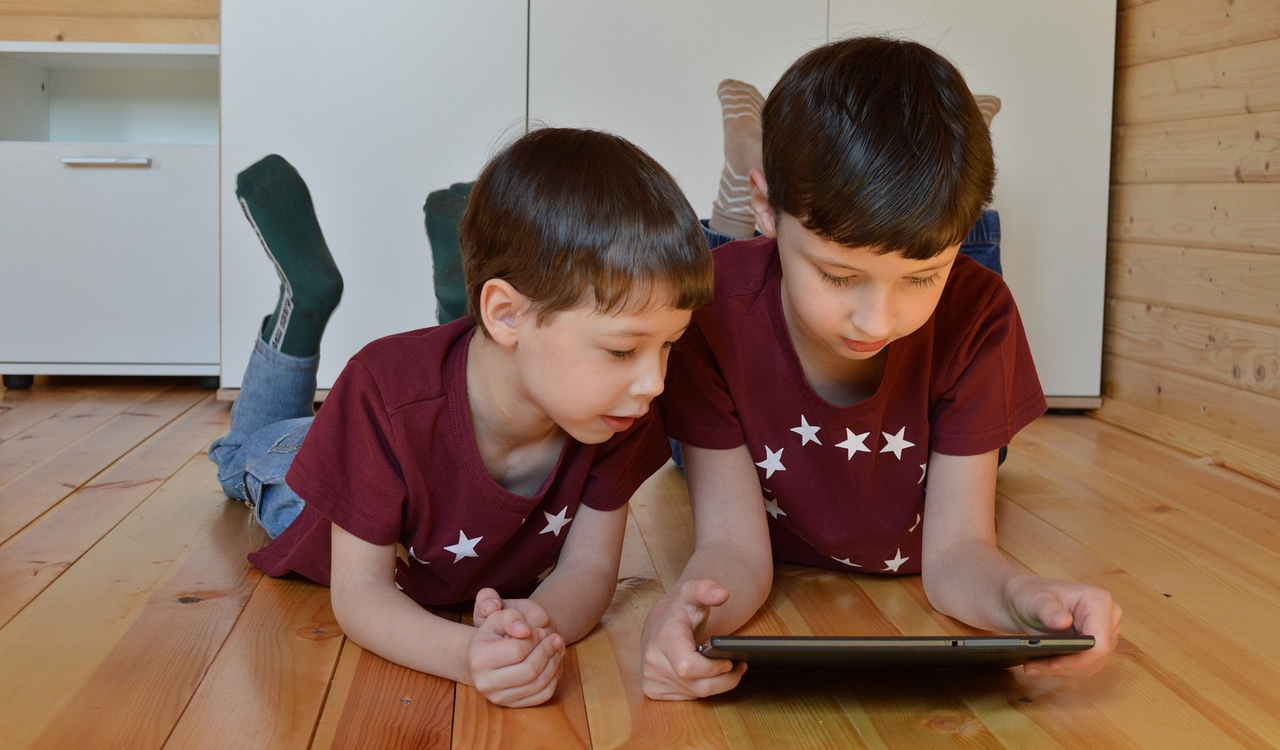What will you learn:
1. What threats do malicious WhatsApp groups pose to children?
2. What content is promoted by malicious groups that children are added to?
3. What protective tools does WhatsApp offer to safeguard young users?
4. What measures have Northumbria Police taken and what do parents advise to protect children from malicious groups?
5. How does lowering WhatsApp's minimum user age impact the safety of younger users according to the NSPCC?
Concern among parents and reaction of authorities
At the initiative of Northumbria Police, parents in Tyneside have been informed about the problem of malicious groups on WhatsApp, which has already affected many local schools. Particularly moving is the story shared by a parent known to us as Mandy, whose 12-year-old daughter was exposed to shocking content in one of these groups. Despite the privacy and security tools offered by Meta, the owner of WhatsApp, it appears that existing protections are not effectively safeguarding children from these types of threats.
Long-term effects on young internet users
Children who become part of such groups may experience serious health consequences, both physical and psychological. The impact of content promoting self-destructive behaviors or aggression can exacerbate issues related to mental well-being, leading to sleep disorders, increased anxiety levels, and a decreased overall quality of life. WhatsApp's decision to lower the minimum user age to 13 has been criticized by the NSPCC, which points out the lack of effective mechanisms to protect younger users.
The need for preventive and educational actions
In the face of growing digital threats, it becomes necessary to take action by both social media platforms and law enforcement agencies to protect the youngest from harmful content. Prime Minister Rishi Sunak highlighted the importance of the Online Safety Act, aimed at tightening regulations regarding the protection of children on the internet. A key role here is also played by parents' awareness and open communication with children about potential online threats.
To effectively counter this problem, it is essential to increase awareness of the protective functions offered by apps and promote healthy social media habits among the youngest. Joint efforts in this area can help build a safer digital environment for children.





